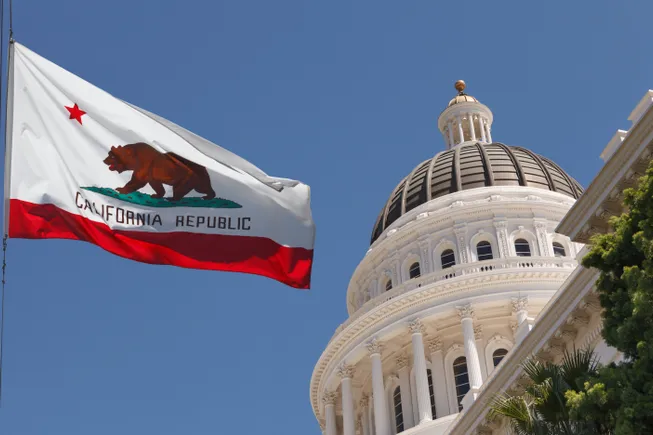Dive Brief:
- California lawmakers passed legislation Wednesday that seeks to prevent the state’s private colleges from giving admissions preference to applicants related to alumni or who have ties with donors.
- Private colleges that violate the ban would be required to report the admission rates of students provided legacy or donor preferences compared to the rest of the student body. They would also have to provide data on the racial, geographic and financial diversity of admitted students, as well as their athletic status.
- The bill now heads to the desk of Gov. Gavin Newsom, whose office did not immediately respond to a request for comment Thursday. If he signs it, it will take effect Sept. 1, 2025, and colleges will need to make their first reports by June 30, 2026.
Dive Insight:
The debate around legacy admissions reignited when the U.S. Supreme Court ruled against race-conscious admission policies last year. The decision overturned decades of legal precedent, prompting concerns that it would be harder for historically disadvantaged students to gain entry into selective institutions.
In turn, some states and colleges have begun reevaluating their admissions rules. That process has turned some lawmakers’ ire on legacy policies, which tend to favor White and wealthy students.
California Assemblymember Phil Ting introduced the proposed legacy ban as a direct response to the Supreme Court ruling.
“Hard work, good grades and a well-rounded background should earn you a spot in the incoming class — not the size of the check your family can write or who you’re related to,” he said in a statement Wednesday. “If we value diversity in higher education, we must level the playing field. That means making the college application process more fair and equitable.”
The legislation takes a “name and shame” approach, as the California Department of Justice would list colleges out of compliance on its website.
Stanford University, the University of Southern California and Claremont McKenna College are among the handful of highly selective private colleges in the state that have said they have legacy or donor admissions.
In fall 2023, 13.6% of Stanford’s incoming undergraduate class had ties to alumni or donors, according to a university report to lawmakers.
The proposal would not cover public colleges, but none of the state’s three public higher education systems offer alumni or donor preference to applicants.
Ting’s proposal underwent several amendments before passing.
An earlier version would have imposed a civil penalty on colleges that violated the ban equal to the amount of funding they received the year before from the Cal Grant, a program that provides financial assistance to students from low- and middle-income families. But that provision was removed shortly after reaching the House floor.
This is not the first time California has grappled with whether college admissions processes are fair within its borders.
When Ting first introduced the bill, he called legacy and donor admissions “a side door” for wealthy students or those with connections — a pointed reference to the 2019 Varsity Blues scandal.
The U.S. Department of Justice charged dozens of wealthy parents and college officials with exploiting the admissions processes of several highly selective universities, including USC, Stanford and the University of California, Los Angeles.
Rick Singer, ringleader of the scheme, described his process of falsifying records and bribing college sports officials as a “side door” for the children of wealthy families. He was sentenced in 2023 to 3 ½ years in prison for his role in the operation.
